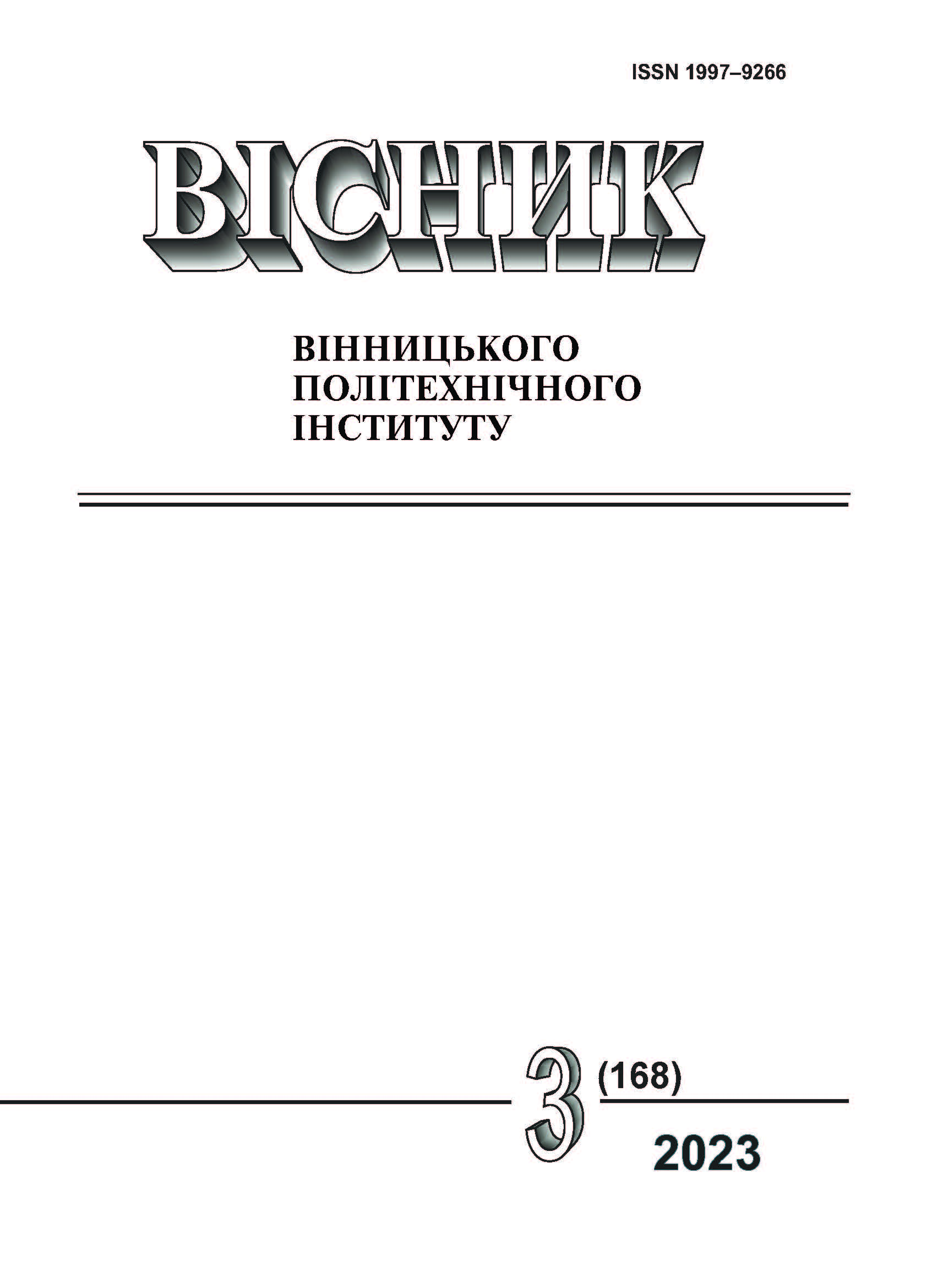Development Directions of Means of Inclusive Education in Electronic Educational Systems
DOI:
https://doi.org/10.31649/1997-9266-2023-168-3-100-105Keywords:
inclusive education, special educational needs, electronic learning systemsAbstract
Technology has significant but largely untapped potential to support inclusive education for people with disabilities and other minority groups.
In particular, it can provide a variety of means of presentation, representation and expression of learning, and enables students with disabilities to overcome barriers they would otherwise face in participating in the curriculum. It also has the potential to increase satisfaction and motivation.
Distance education has the potential to increase access to education, but it should not come at the expense of ensuring the availability of institutional education. However, not all initiatives take into account the needs of people with disabilities.
The need to control the educational process, namely the knowledge gained in the learning process for inclusive people, is shown, and the differences in evaluating the results of the classroom and distance mode of learning are highlighted.
In this article, we will consider the technologies of artificial intelligence, inclusive education in electronic educational systems (ELS) that can improve the education process.
The general concept of inclusive education is described both in ENS and classrooms, the role of teachers and parents is considered. The considered types of inclusions, their features and requirements
The main principles of building inclusion systems, their functions and features are considered. Advantages and disadvantages of inclusive education methods are considered and analyzed.
The integration of inclusive education in electronic educational systems is analyzed on the example of other countries.
Considered the classification and types of inclusive disorder in people with ASD and their requirements for electronic devices.
The software of ENS IO, which should be based on the application of adaptive technologies and elements of artificial intelligence in inclusive education for both teachers and students in the electronic space, is considered and given.
The relevance of the development trend of inclusive education in electronic educational systems and problems that can be solved with the help of programs, parents and teachers are shown.
Keywords: inclusive education, special educational needs, electronic learning systems.
References
В. О. Азін, Я. В. Грибальский, Л. Ю. Байда, і О. В Красюкова-Еннс, Архітектурна доступність шкіл, навч.-метод. посіб., Байда Л. Ю., Красюкова-Еннс О. В. Колек, заг. Ред. Київ, Україна, 2012, 88 с.
Освіта дітей з особливими потребами (інклюзивне навчання). [Електронний ресурс]. Режим доступу: https://wiki.legalaid.gov.ua/index.php/Освіта_дітей_з_особливими_потребами_(інклюзивне_навчання) .
Закон про вищу освіту. [Електронний ресурс]. Режим доступу: https://zakon.rada.gov.ua/laws/show/1556-18#Text .
ЮНЕСКО [Електронний ресурс]. Режим доступу: https://mepr.gov.ua/content/yunesko-unesco.html .
А. А. Колупаєва, Педагогічні основи інтегрування школярів з особливостями психофізичного розвитку у загальноосвітні навчальні заклади. Київ, Україна: Педагогічна думка, 2007, 458 с.
Н. М. Дятленко, Н. З. Софій, О. В. Мартинчук, і Ю. М. Найда, Асистент вчителя в інклюзивному класі, навч.-метод. посіб. М. Ф. Войцехівський, заг. Ред. Київ, Україна: ТОВ Видавничий дім «Плеяди», 2015, 172 с.
Т. В. Воронцова, та ін. Вчимося жити разом, посіб. для вчителя з розвитку соціальних навичок у курсі «Основи здоров’я» (початкова школа). Київ, Україна: Алатон, 2016, 232 с.
І. В. Гладченко, «Тьюторство в аспекті ефективності корекційно-реабілітаційної роботи з дітьми, що мають значну інтелектуальну та сенсомоторну недостатність,» Науковий часопис Національного педагогічного університету імені М. П. Драгоманова: Збірник наукових праць. Серія 19: Корекційна педагогіка та психологія, вип. 1, с. 31-34.
Олена Коваленко, і Євген Паламарчук, « Контури системи управління навчанням: традиційне, змішане та дистанційне навчання,» ІНТЕРНЕТ-ОСВІТА-НАУКА-2020, XII Міжнародна науково-практична конференція ІОН-2020, 26-29 травня, 2020, с. 230-231.
Use Immersive Reader in Word. [Electronic resource]. Available: https://support.microsoft.com/en-us/office/use-immersive-reader-in-word-a857949f-c91e-4c97-977c-a4efcaf9b3c1 .
Define words using Immersive Reader Picture Dictionary. [Electronic resource]. Available: https://support.microsoft.com/en-us/topic/define-words-using-immersive-reader-picture-dictionary-a584d219-2028-4d92-a403-3ec8ea5113af .
Office Lens for Windows. [Electronic resource]. Available: https://support.microsoft.com/en-us/office/office-lens-for-windows-577ec09d-8da2-4029-8bb7-12f8114f472a .
Padlet Padlet. [Electronic resource]. Available: https://apps.microsoft.com/store/detail/padlet/9MTWD1KMHB48?hl=uk-ua&gl=ua&cid=msft_web_chart .
Downloads
-
PDF (Українська)
Downloads: 232
Published
How to Cite
Issue
Section
License

This work is licensed under a Creative Commons Attribution 4.0 International License.
Authors who publish with this journal agree to the following terms:
- Authors retain copyright and grant the journal right of first publication.
- Authors are able to enter into separate, additional contractual arrangements for the non-exclusive distribution of the journal's published version of the work (e.g., post it to an institutional repository or publish it in a book), with an acknowledgment of its initial publication in this journal.
- Authors are permitted and encouraged to post their work online (e.g., in institutional repositories or on their website) prior to and during the submission process, as it can lead to productive exchanges, as well as earlier and greater citation of published work (See The Effect of Open Access).





